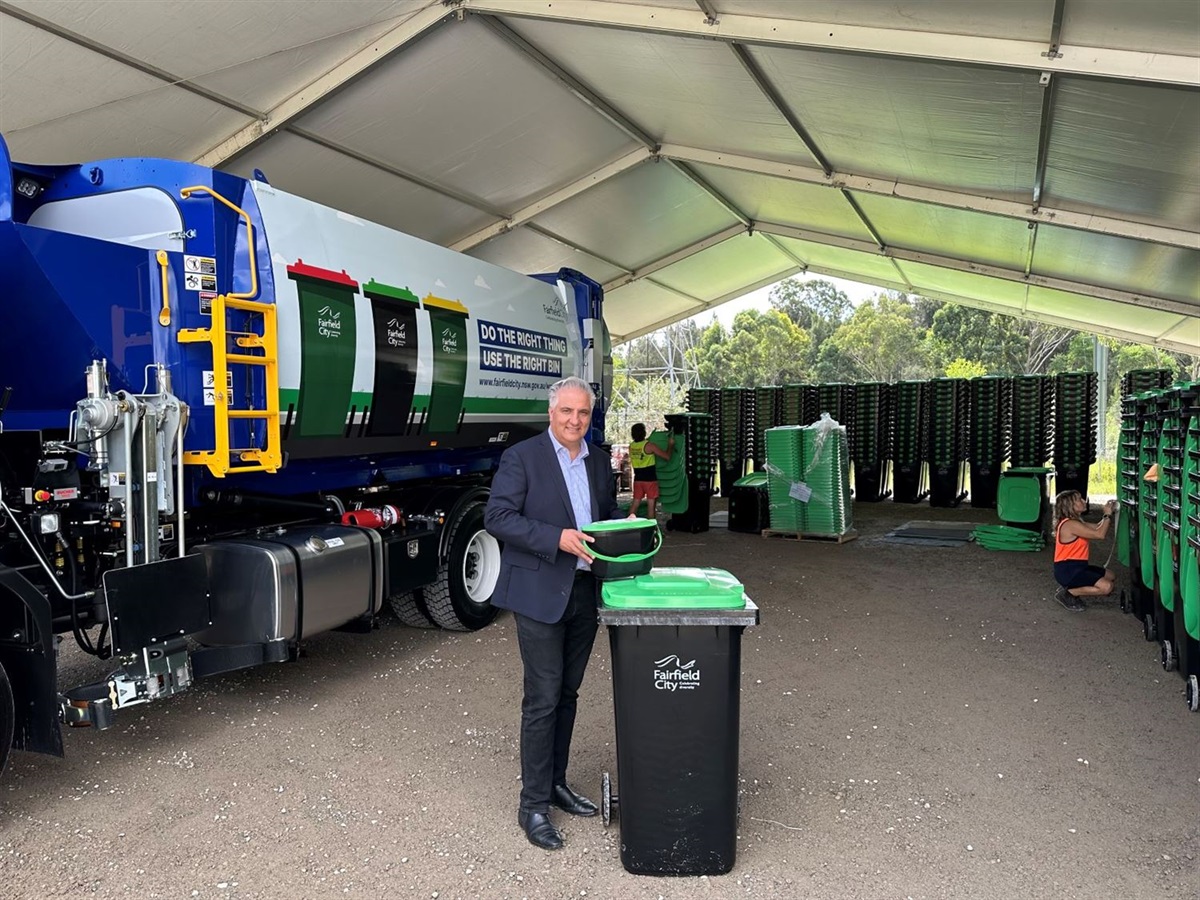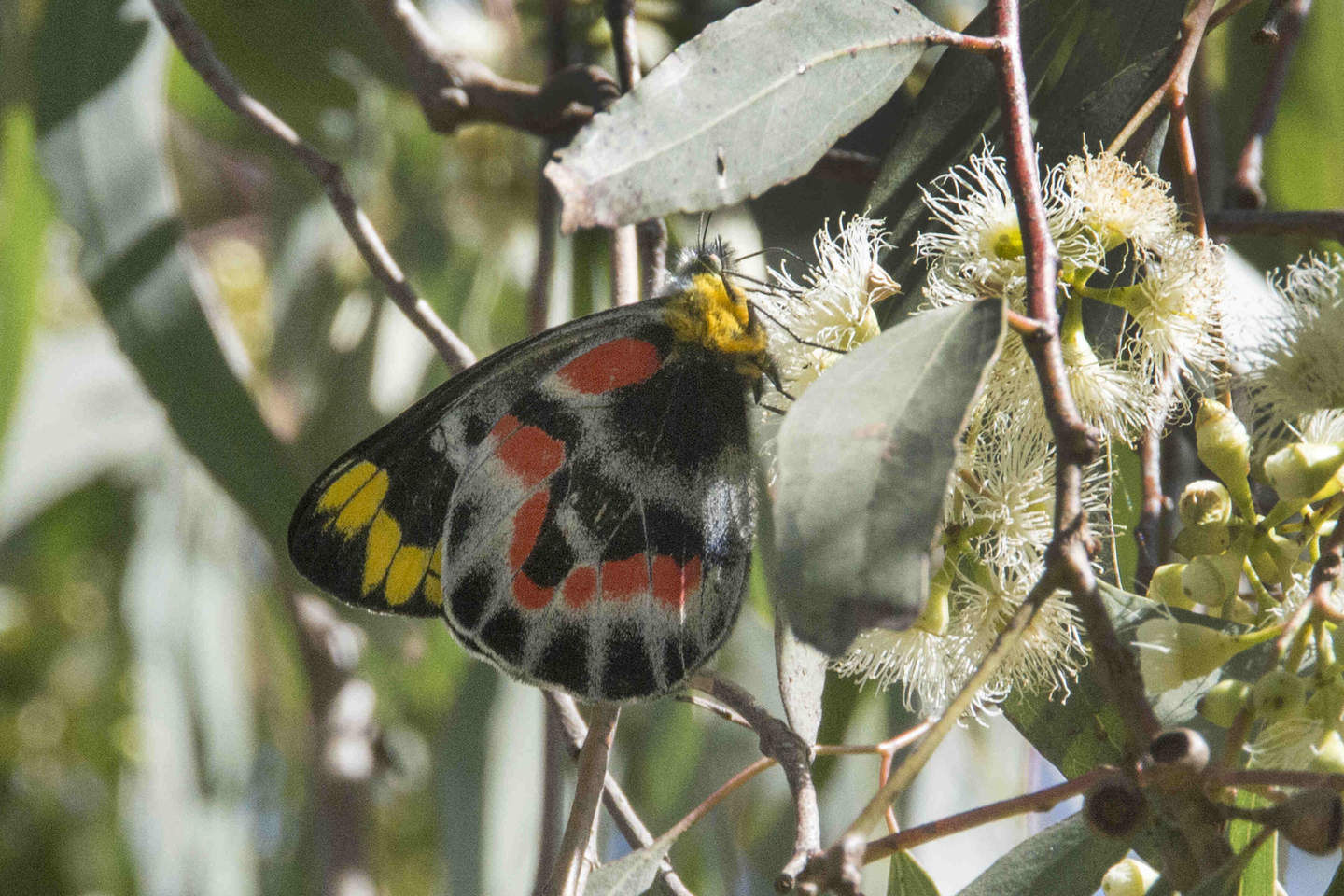WORLD MS DAY: New Study to Explore Resilience in MS Community Against COVID-19
A landmark new study being undertaken by the world-leading Murdoch University (WA) is looking to understand how the MS community has defied all odds and remained resilient against the COVID-19 pandemic (as well as the Australian bushfire season).
The new study is recruiting not only MS patients, but those within the wider MS community (carers, family members etc.), across the whole of Australia to understand the issues experienced by people with MS during these uncertain times and ways to mitigate the impacts of crises in the MS community.
Guidance dictates people with MS should take extra care to minimise exposure to the virus, and while isolation has caused most communities across Australia to break down, the MS community has risen up like never before.
World MS (Multiple Sclerosis) Day this Saturday 30 May is a day that recognises the MS community around the world. In Australia it is the culmination of the ‘The May 50k Challenge’ which has seen over 35,000 Australians complete 50km (more than a marathon) during the month to raise crucial research funds to find a cure for multiple sclerosis.
So far over 1,270,157 km has been completed – equivalent to 31 laps around the world – helping to raise over $5.5 million for life-changing MS research, from over 98,000 donations. And almost half of the participants have no personal connection to MS – showing how Aussies around the country have backed this campaign during such difficult times and demonstrated unprecedented levels of kindness, bravery and comradery.
While completing 50km over the month of May seems reasonable to many of us – a person with MS expends more energy while exercising than a person without MS, with it often feeling like 5 times as much.2 Taking on The May 50K for a person with MS is therefore equivalent to completing 250km, or more than five marathons in one month.
Dr Hamish Campbell, Deputy Head of Research at MS Research Australia, says, “For many years, some doctors advised people with MS to avoid any physical activity or exercise fearing it could trigger the onset or worsening of MS symptoms. Now, research shows exercise not only can help to manage pain, mobility and fatigue with MS – it can also result in a reduced rate of relapse and a slowing down of disability progression.”
“MS Research Australia is increasing its research efforts and supporting the creation of important new lifestyle guidelines for the management of MS – with the aim of uncovering how simple and potentially overlooked changes in diet and exercise can improve MS outcomes and reduce the economic burden of the condition,” continues Dr Campbell.
More about multiple sclerosis
· MS currently affects over 25,600 Australians and there is no known cause or cure.
· Every week, approx. 10 Australians are newly diagnosed with MS.
· Three out of four diagnosed with MS are women, with an average age of just 20 to 40 years old.
· It affects more young people than any other acquired chronic neurological disease in Australia.
· The annual per person cost for people living with MS with severe disability is incredibly high at $114,813.3
· The impact on the quality of life for people living with severe MS is comparable to, or even lower than, the reported impact on quality of life for terminal metastatic cancer, chronic kidney disease and severe heart disease.3
Last year’s inaugural The May 50K campaign saw over 9,200 Aussies running and walking 474,575 kilometres and raising a record-breaking $2.1 million to fund life-changing research to help end MS.
Issued on behalf of MS Research Australia by Cube.







